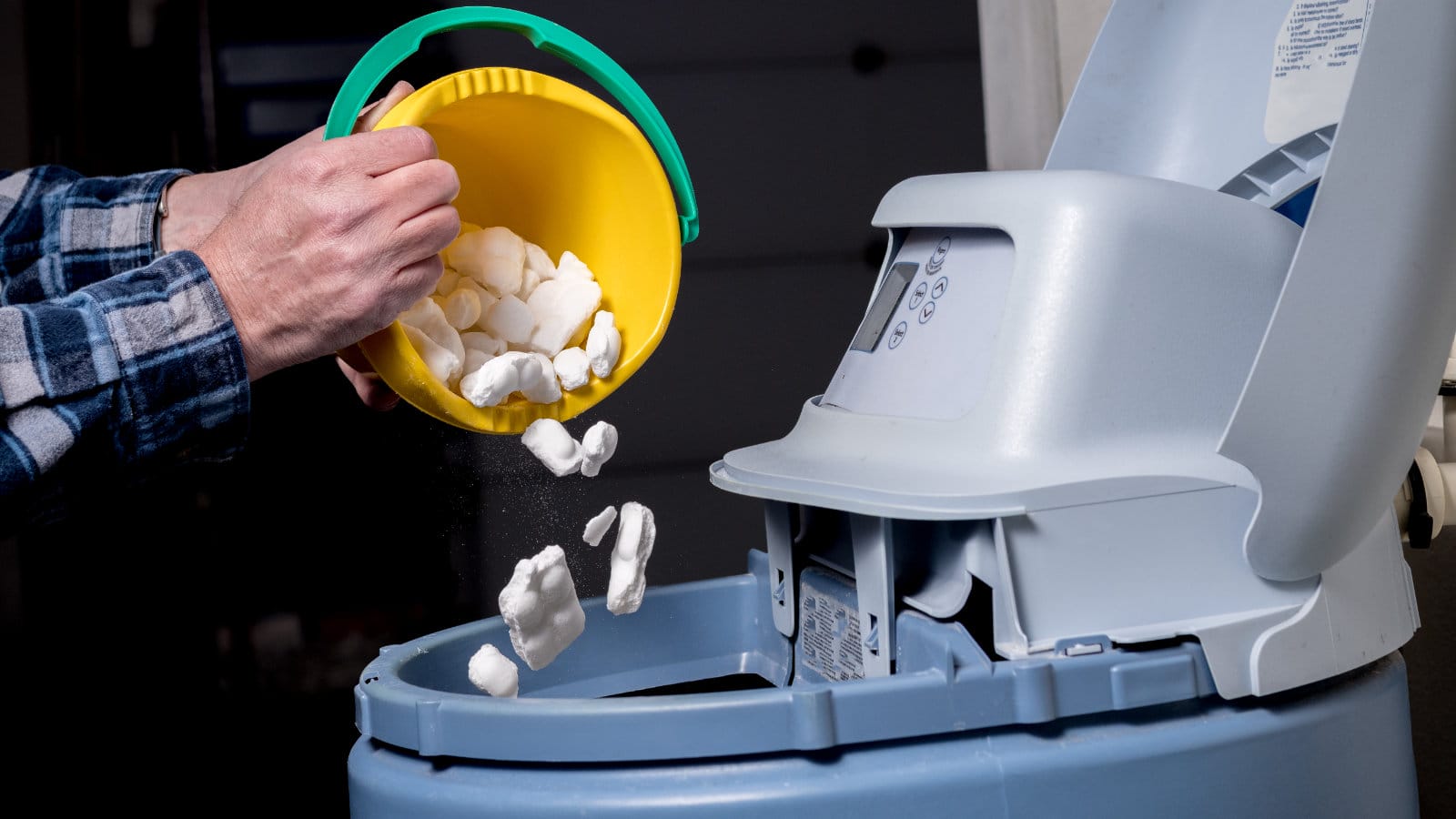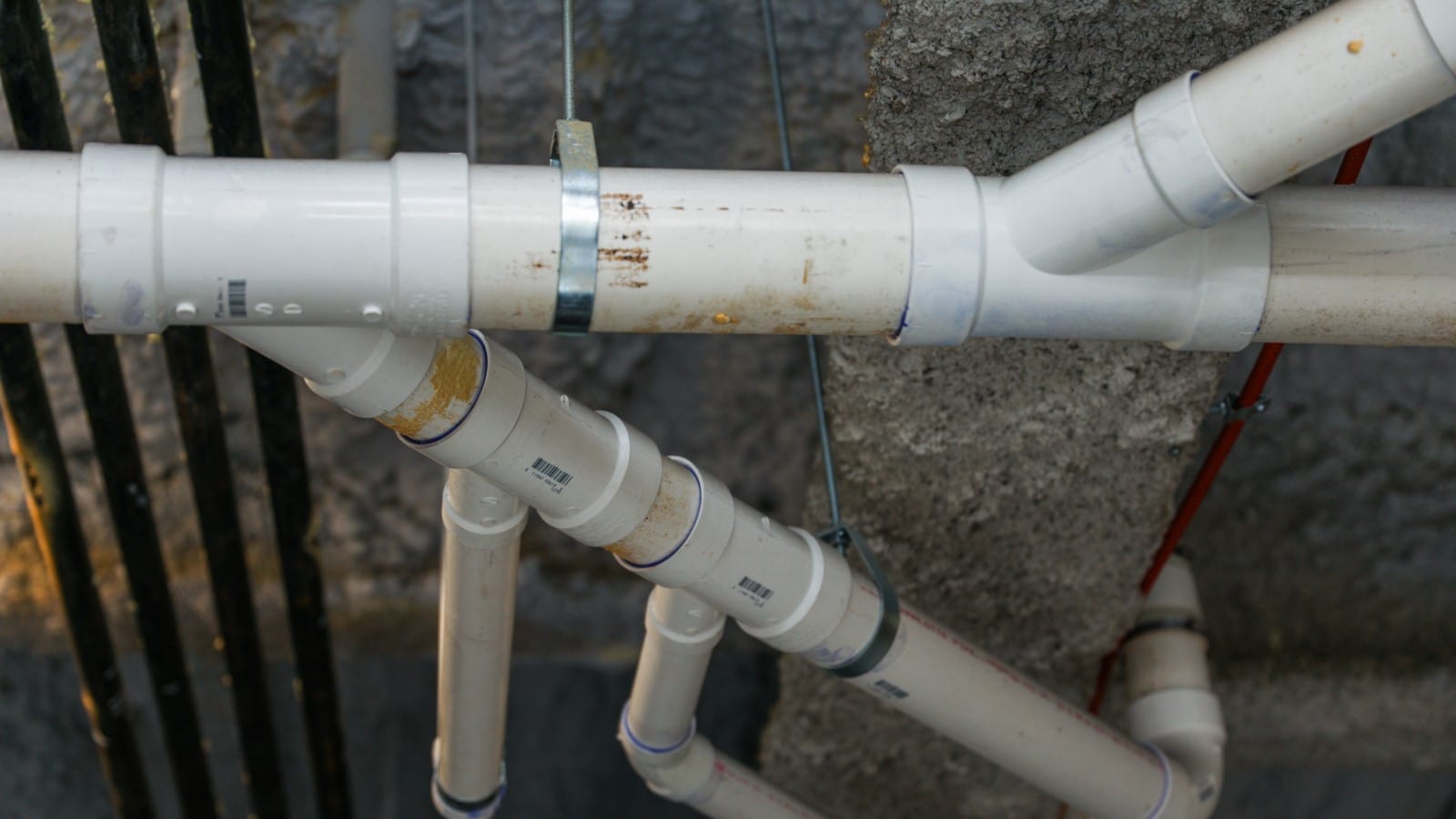Navigating the waters of home water treatment in Texas can feel like sailing through a maze of technical jargon and complex mechanisms. At the heart of this exploration lies a crucial question: “Does a Water Softener Filter Water?” This pivotal inquiry opens the door to understanding the distinct roles and benefits of water softeners and water filters in enhancing the quality of water flowing through your taps.
Key Insights:
- Understanding the science behind water softening and its indispensable role in combatting hard water’s adverse effects.
- Exploring how water filters act as guardians of your water’s purity, removing harmful contaminants that could compromise your health and well-being.
- Unraveling the critical differences between water softeners and water filters, equipping you with the knowledge to identify which system—or combination thereof—best meets your household’s needs.
Embark on this enlightening journey to transform the water in your Texas home from merely functional to exceptional.
Let’s dive into the essence of water softening and filtration.
Conquering Hard Water: The Essential Guide to Water Softening Solutions
Hard water is water that contains high levels of calcium and magnesium minerals. While not harmful to health, these minerals can cause various household issues, from scale buildup in pipes and appliances to making soaps and detergents less effective. A water softener is designed to remove these minerals from your water, transforming hard water into soft water.
How Water Softeners Work
Water softeners use a process called ion exchange to remove the minerals that cause water hardness. As hard water flows through the water softener’s resin beads, calcium and magnesium ions are replaced with sodium or potassium ions, softening the water.
Benefits of Water Softening
- Prevention of Scale Buildup: Soft water prevents the accumulation of mineral deposits in pipes and appliances, extending their lifespan and maintaining efficiency.
- Improved Soap and Detergent Efficiency: Soft water allows soaps and detergents to lather more effectively, leading to cleaner dishes, laundry, and softer skin and hair.
Safeguarding Your Water: The Ultimate Water Filtration Defender
A water filter is designed to remove a wide range of contaminants from water, including chlorine, lead, bacteria, and viruses. Its purpose is to improve the safety and taste of drinking water, making it essential for households concerned about water quality.
Types of Water Filtration Systems
- Activated Carbon Filters: Remove chlorine, and volatile organic compounds (VOCs), and improve taste and odor.
- Reverse Osmosis Systems: Highly effective at removing a broad spectrum of contaminants, including heavy metals and certain microorganisms.
- Whole House Water Filters: Provide comprehensive filtration to all water entering your home, ensuring that water from every tap is purified.
Water Filtration and Health Benefits
- Removal of Harmful Contaminants: Ensures that your drinking water is free from dangerous substances that can pose health risks.
- Improved Taste and Odor: Filters out elements that cause unpleasant tastes and smells, providing great-tasting water for drinking and cooking.
Water Softeners vs. Filtration Systems: Unveiling the Key Differences for Homeowners
Navigating the nuanced landscape of home water treatment necessitates a clear understanding of the distinct roles and mechanisms behind water softeners and water filters. These systems, pivotal to enhancing your home’s water quality, address different issues:
- Water Softeners: Primarily target hard water issues by removing minerals like calcium and magnesium. This action prevents scale buildup, ensuring appliances and plumbing systems operate efficiently and prolong their lifespan.
- Water Filters: Focus on purifying water by eliminating contaminants and impurities that affect taste, odor, and safety. They employ various technologies to ensure the water is safe for drinking and cooking.
For homeowners striving for the ultimate water quality, integrating both systems might be the key:
- Combining Softening and Filtration
- Using a water softener to address hardness and scale.
- Implementing a filter system to remove contaminants from tap to bottled water.
- Ensuring the water used in your home, whether for drinking or cooking, is of the highest purity and safety.
This comprehensive approach to water treatment not only enhances the quality of water but also contributes to the health and well-being of household members.
Salt-Free Water Softeners: An Alternative Approach
Salt-free water softeners, also known as water conditioners, offer an alternative to traditional salt-based softening.
Instead of removing hard water minerals, they alter the minerals’ structure to prevent scale buildup. This method is environmentally friendly and avoids adding sodium to the water.
Whole House Filter and Softener Systems: Comprehensive Water Treatment
For homeowners seeking a complete solution, whole-house filter and softener systems combine the benefits of both water softening and filtration. This integrated approach ensures that all water entering your home is both softened and purified, providing ultimate protection against hard water and contaminants.
Making the Right Choice for Your Home
Choosing the optimal water treatment for your home in Texas hinges on a nuanced understanding of your water’s specific needs. Whether it’s combatting hard water’s effects or ensuring your drinking water is uncontaminated, the decision between installing a water softener, a water filter, or both is crucial.
Elevating Your Home’s Water Quality: A Tailored Approach
Navigating the choice between water softeners and filters requires an intimate understanding of their distinct functions and the unique water challenges they address:
- Understanding the Difference: Water softeners are designed to soften water by removing minerals like calcium and magnesium that cause water hardness—a common issue in Texas. Conversely, water filters purify water, removing contaminants and impurities that affect taste, odor, and safety.
- Tailoring Solutions to Your Needs: It’s essential to assess your water’s specific conditions by testing for both hardness and contaminants. This data will inform whether your household will benefit more from softening, filtration, or a combination of both to ensure water is not just soft, but also pure and safe for all uses.
Worth Remembering:
- The Role of Water Softeners: These systems are indispensable for mitigating the adverse effects of hard water, protecting appliances, and improving water usability through ion exchange technology.
- The Importance of Water Filters: For concerns over tap water safety, filters are essential. They use various methods to remove contaminants—from chlorine and lead to bacteria and viruses—ensuring your water is safe for drinking and cooking.
- Combining Softening and Filtration: Some households may find that a comprehensive approach, utilizing both a water softener and a filter system, is necessary to fully address their water quality issues. This dual strategy ensures the water running through your home is both softened and purified, optimizing both usability and safety.
By understanding these systems’ capabilities and integrating them as needed, you can make informed choices for better water quality in your home.
This approach not only enhances your daily water usage experience but also contributes to the overall well-being of your household.
Whether addressing hardness with a salt-based water softener, purifying tap water with advanced filters, or employing a combination for complete water treatment, the goal is clear: to ensure your home’s water is as healthy, safe, and pleasant to use as possible.





